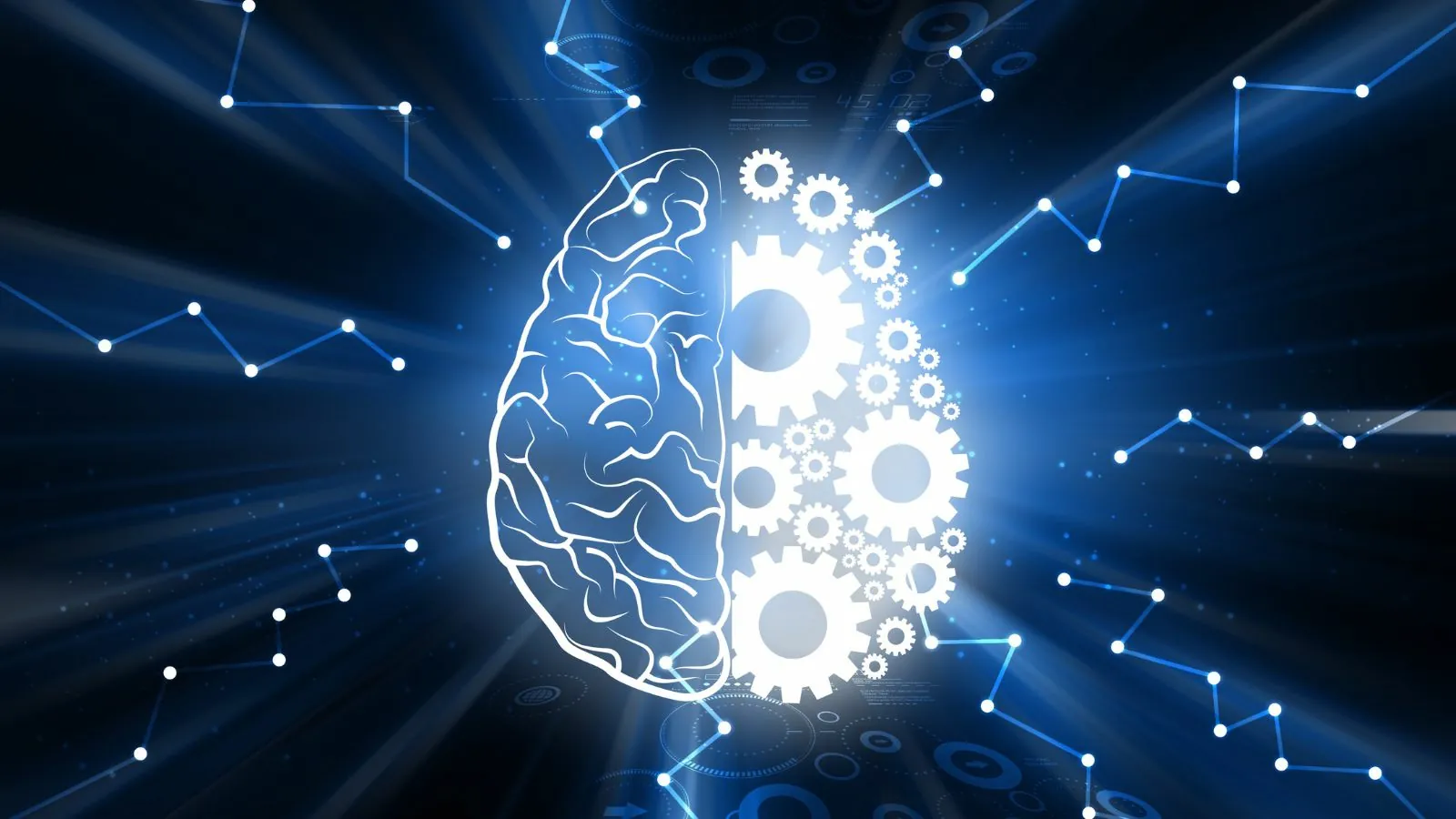Artificial intelligence is transforming industries at an unprecedented pace, with AI products leading the charge. From smart assistants to predictive analytics tools, these innovations are reshaping how businesses operate and individuals interact with technology. The rise of AI products not only enhances efficiency but also opens up new avenues for creativity and problem-solving.
As companies increasingly adopt AI solutions, understanding the landscape of available products becomes crucial. Whether it’s automating mundane tasks or providing deep insights through data analysis, AI products offer a competitive edge. This article explores the diverse range of AI tools, their applications, and the benefits they bring to both businesses and consumers. Get ready to dive into the world of AI and discover how these products can elevate everyday experiences.
Table of Contents
ToggleOverview of AI Products
AI products encompass a wide range of tools and technologies designed to automate processes and enhance decision-making. These products leverage machine learning algorithms, natural language processing, and data analytics to provide users with powerful solutions.
Categories of AI Products
- Machine Learning Tools
Machine learning tools enable organizations to analyze large datasets, recognize patterns, and make predictions. Examples include TensorFlow and Scikit-learn.
- Natural Language Processing (NLP) Applications
NLP applications facilitate human-computer interactions through speech recognition and text analysis. Chatbots and virtual assistants, like Google Assistant and Amazon Alexa, exemplify this category.
- Computer Vision Solutions
Computer vision solutions allow machines to interpret and process visual data. They’ve been applied in sectors such as healthcare for diagnostic purposes and retail for customer behavior analysis. Notable examples include OpenCV and TensorFlow Image Recognition.
- Robotic Process Automation (RPA)
RPA automates repetitive tasks by mimicking human interactions with software. Tools like UiPath and Automation Anywhere streamline workflows, enhancing productivity across industries.
- AI Analytics Platforms
AI analytics platforms provide data-driven insights to support decision-making. Products like IBM Watson Analytics and Google Analytics leverage AI to present actionable intelligence.
Benefits of AI Products
- Increased Efficiency
AI products automate time-consuming tasks, freeing up human resources for strategic work.
- Enhanced Accuracy
AI algorithms often surpass human capabilities in data processing accuracy, reducing errors in various applications.
- Improved Customer Experience
Personalized recommendations and 24/7 support enhance customer interactions, resulting in higher satisfaction.
- Cost Reduction
Automating processes generates significant cost savings, especially in labor-intensive tasks.
- Data-Driven Insights
AI products analyze vast amounts of data, enabling businesses to make informed decisions based on trends and behaviors.
AI products continue to evolve rapidly, transforming how organizations and individuals approach tasks and challenges. Their integration into everyday operations drives innovation and competitiveness across various sectors.
Types of AI Products

AI products come in various forms, each designed to tackle specific challenges using advanced technologies. Understanding these types provides insights into how they enhance efficiency and decision-making.
Machine Learning Tools
Machine learning tools facilitate the development, training, and deployment of algorithms that analyze data patterns. Notable examples include:
- TensorFlow: An open-source platform that enables building and training machine learning models.
- Scikit-learn: A Python library that simplifies data mining and data analysis through accessible algorithms.
These tools assist businesses in making data-driven predictions and automating complex tasks.
Natural Language Processing Applications
Natural language processing (NLP) applications enable machines to understand, interpret, and respond to human language. Key instances consist of:
- Chatbots: Software agents that provide customer support and engage users in conversations.
- Virtual Assistants: Applications like Siri and Alexa that perform tasks through voice commands.
NLP enhances user interactions, making services more intuitive and accessible.
Computer Vision Solutions
Computer vision solutions analyze and interpret visual data from the world, driving innovation across various sectors. Prominent solutions include:
- OpenCV: A library focusing on real-time computer vision tasks such as image recognition.
- TensorFlow Image Recognition: A feature of TensorFlow designed to classify and identify objects in images.
These technologies empower applications like facial recognition, quality inspection in manufacturing, and autonomous vehicles, significantly improving operational capabilities.
Benefits of AI Products
AI products offer substantial advantages across various sectors. These tools not only automate mundane tasks but also improve decision-making processes through insightful data analysis.
Increased Efficiency
AI products significantly increase efficiency by automating repetitive tasks. Businesses experience streamlined operations, enabling employees to focus on higher-value work. For instance, machine learning tools automate data entry and processing, reducing errors and time spent on manual activities. Natural language processing applications handle customer inquiries, providing instant responses and freeing up human resources. This automation leads to faster turnaround times and improved productivity, ultimately benefiting the bottom line.
Enhanced Decision Making
AI products enhance decision-making through data-driven insights. Businesses leverage machine learning algorithms to analyze large datasets, uncovering trends and patterns that inform strategies. Organizations utilize predictive analytics to forecast market changes and customer preferences, allowing for proactive adjustments. By providing accurate data visualizations and reports, AI tools empower stakeholders, enabling informed decisions that drive growth and innovation.
Challenges in Implementing AI Products
Implementing AI products presents several challenges that organizations must navigate effectively. Key issues include data privacy concerns and integration with existing systems.
Data Privacy Concerns
Data privacy remains a significant challenge for AI product implementation. Organizations must comply with regulations like the General Data Protection Regulation (GDPR) and the California Consumer Privacy Act (CCPA). Non-compliance can result in substantial fines and reputational damage. Additionally, AI systems often require vast amounts of personal data to function optimally. The collection, storage, and processing of this data pose risks, including potential breaches and misuse. Establishing robust data governance frameworks and transparency in data handling practices is essential to mitigate privacy concerns.
Integration with Existing Systems
Integrating AI products with existing systems presents technical challenges. Many organizations rely on legacy systems that may not support the advanced capabilities of modern AI tools. Compatibility issues often arise, requiring extensive customization or complete overhauls of current infrastructures. The complexity of integrating AI products can lead to increased costs and extended timelines. It’s crucial for organizations to conduct thorough assessments of their existing environment and develop clear integration strategies to minimize disruptions and ensure seamless operation.
Future Trends in AI Products
Emerging trends in AI products shape the future landscape of technology and innovation. Rapid advancements in several areas will redefine how AI integrates into daily operations and consumer interactions.
- Explainable AI (XAI)
Explainable AI focuses on transparency in machine learning processes, allowing users to understand the reasoning behind AI decisions. This shift enhances trust and compliance with regulations, particularly in sectors like healthcare and finance.
- AI-Enhanced Automation
AI-enhanced automation combines AI with robotic process automation (RPA) to improve operational efficiencies. Businesses can expect increased productivity as automation handles complex tasks alongside human workers, reducing errors and streamlining workflows.
- AI in Edge Computing
AI-powered edge computing enables data processing closer to where it is generated, reducing latency and improving real-time analytics. This trend fosters the development of smart devices and applications in industries such as manufacturing, healthcare, and transportation.
- Personalized AI Solutions
Personalized AI solutions leverage consumer data to tailor products and services to individual preferences. Companies that adopt these technologies enhance user experiences, driving customer loyalty and engagement.
- AI-Driven Predictive Analytics
AI-driven predictive analytics empowers organizations to forecast trends and customer behavior accurately. Businesses gain insights that inform strategies and optimize resource allocation, providing a competitive edge in dynamic markets.
- Collaboration Between AI and Humans
The collaboration between AI systems and human workers will become more pronounced. Tools designed for human-AI collaboration promote greater creativity and innovation, as teams leverage AI to explore new ideas and solutions.
- AI for Cybersecurity
AI products increasingly address cybersecurity challenges by identifying threats and automating responses. Businesses will invest in AI-driven security solutions to enhance protection against evolving cyber threats.
Collectively, these trends signify that AI products will not only advance technologically but also drive significant changes in how organizations operate and interact with consumers.
AI products are reshaping industries and enhancing everyday experiences. Their ability to automate tasks and provide valuable insights empowers businesses to operate more efficiently and creatively. As organizations embrace these technologies they must also navigate the complexities of implementation and data privacy.
The future of AI holds exciting possibilities with advancements in explainable AI and personalized solutions. These innovations will further improve decision-making and user experiences while fostering collaboration between AI and human workers.
Staying informed about AI trends and best practices will be crucial for those looking to leverage its full potential. As AI continues to evolve it promises to drive significant changes in how businesses engage with their customers and adapt to market demands.




